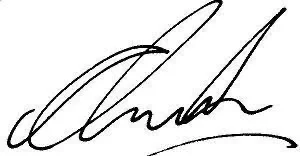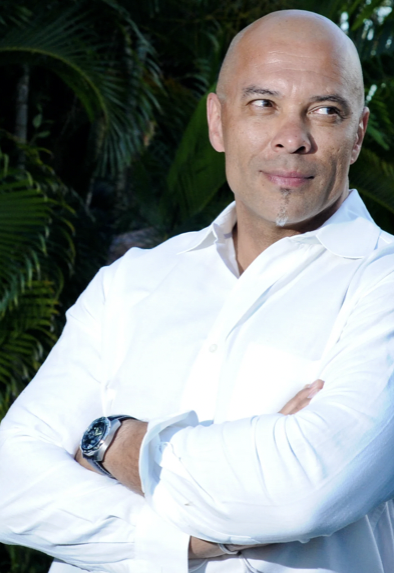4 Failure Factors that Challenge Team Effectiveness
Take a close look at teams and you'll see that some function well, some just function, while others fail. How is your team doing? Below, you'll see 4 Failure Factors that challenge teams.
Team Effectiveness and Teambuilding
Frequently, organizations contact us to ask,
"Do you do anything for Teambuilding?”What they generally mean is that, although they already have a team (recently formed or otherwise), the team may not be performing as effectively as it could. In some cases it may be downright “failing” with increasing negative impact on performance. Have you ever experienced this? So, while people may ask for help “creating or building the team” they really need help to build team effectiveness within a pre-existing group.
4 Failure Factors that Challenge Team Effectiveness
Failure Factor #1 – Lack of clarity of unified purpose.
Are all team members on the same page with respect to goal and role clarity? If you were to ask each person to email you the top 3 priorities of the team, how congruent would they be? Team effectiveness requires group and individual clarity. My friend Brian Tracy says that with respect to goals (team or individual) there are 3 steps for the starting point: Clarity, Clarity and Clarity. Ensure clarity of purpose to enhance engagement. Think end result and metrics to achieve.
Failure Factor # 2 – Non-productive conflict.
The healthy expression of different viewpoints is important for team productivity and innovative output. Too often, however, the challenge a team faces is conflict that arises from different behavioral styles or interests (often referred to as personality clashes), and a lack of understanding of how to optimize style differences as team strengths. Realizing this common failure, many experienced managers/team leaders engage the group in using a psychometric survey as part of a “team communication process”. As part of this process each team member will complete a behavioral style survey, and will receive an individual personal profile. The group will then get together off site for a half day or a day to process the results collectively, to enhance team understanding and participate in some team exercises. Often this has more sustainable impact than just "fun team exercises” - including the outdoor experiential type.
Failure Factor # 3 – Lack of follow-up or regular communication.
For some teams, the lack of a follow up structure is very problematic. While some people demonstrate a strong capacity to remain focused on their own without follow up and regular communication, initial levels of commitment can be undermined over time. This is often the case when the team is geographically dispersed, and may be exacerbated when some work in very remote areas without colleagues, or even work from home. When team projects are underway, effective teams build in regular checkpoints for accountability. Having team members in different locations use technology such as web meetings and team webinars can be very productive.
Failure Factor # 4- Lack of Trust
Though most agree that trust is significant in a team, they often have a challenge describing it and the associated behaviors that build and reduce trust. The importance of trust is often more significant, and can also be more complex, than it appears. Studies indicate that the higher the level of trust in a team or organizational culture, the more open communication as well as innovation. When the trust level is low, communication, open sharing and innovation is diminished. What are some trust builders? According to Stephen Covey, trust is built up or diminished over time. You may be aware that he refers to the emotional bank account concept. He further indicates that it’s the small consistent behaviors that one engages in that can build or destroy trust. Do you listen fully without interrupting? Do you keep promises (big and small)? Are you punctual? Do you say what you really think? For successful entrepreneurs, Covey says this is crucial to teamwork.
Personal Effectiveness
And finally, a note on one of the most important aspects of a team - its leadership. When leading others, we lead ourselves first. As a leader, make sure that the rest of the year will be a great one for you personally and professionally. Make or take time to build your physical health/energy to support your achievement in all the other important areas of your life. On a scale of 1 to 5, how are you doing in these areas?
1) Regular exercise (walk, swim, run, bike, etc.)
2) Healthy Diet ("you become what you eat"), and
3) Rest and Rejuvenation (Stephen Covey's sharpening the saw concept).
If you will commit to addressing these areas in the next 21 days, you will be amazed at your increased energy levels. What will you commit to doing to enhance your energy level? Your team depends on it. Go for it.
In the Spirit of Growth...

 | As Chief @ XLTeamwork.com Chuck is a Creative business leader/writer/husband/dad/real estate investor. Passionate about leadership, faith, family, entrepreneurship, and helping organizations understand and leverage their talent. Visit www.XLTeamwork.com for more information. |

XLTeamwork.com